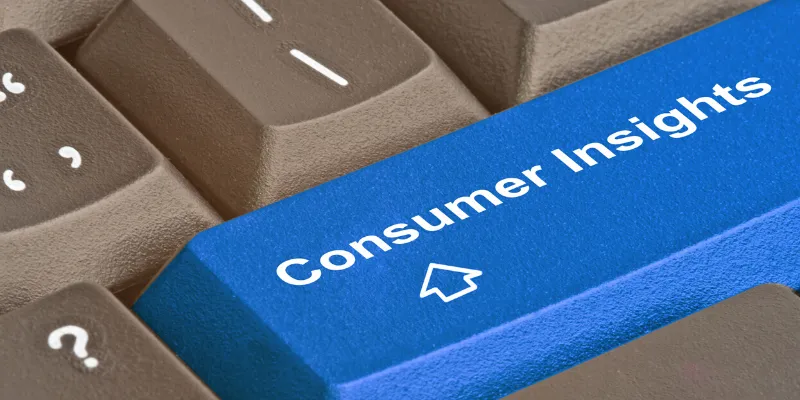Better consumer understanding in times of COVID-19
The survival and relevance of a business in the post-COVID-19 world will be determined by the flexibility and agility in the decisions businessmen make today.

The impact of COVID-19 pandemic has led to several unprecedented and rapid changes around us. One major change is evolving consumer behaviours and preferences as a result of the outbreak. For instance, Baby Boomers who were traditionally seen as digital ‘laggards’, are embracing online shopping in times of social distancing.
In these fast-paced and uncertain times, businesses need to continue making decisions. Decisions on when and how to re-open, what products to carry, how to continue to service their customers, etc. They need better consumer understanding to answer questions like, ‘What are my consumers likely to spend on and when?’, ‘How would they prefer to be serviced’, ‘Do they trust my brand?’, and so on.
However, in the current context, historical data is a poor guide to understand and support meaningful decisions.
And Consumer Insights and Analytics professionals are being tasked with supporting such decisions at a pace never seen before and with budgets that are almost non-existent.
Here are some pointers on how businesses can enable better consumer understanding in these uncertain times:
Start with zero
Start with a zero-budgeting approach. Stop research spends that are aligned to future projects or have a longer-term return. Stop research that is not being consumed or not driving actions or real outcomes. Pause certain types of trackers and substitute them with low-cost hacks that serve the current needs.
Prioritise speed over precision
In such a dynamic landscape, today’s consumer understanding may become redundant over the next few days. As a result, investing in deeper, focussed research that spans over a longer period of time may be ill-suited.
Businesses would benefit more from gaining a quicker and broader understanding to help stay abreast of the evolving consumer.
Leverage and connect data from multiple sources
Businesses are often sitting on vast amounts of data that are often not leveraged. This data may be in the form of reviews and ratings, transaction data, customer feedback, and so on. Data from multiple sources can be combined with survey data to gain holistic and connected insights.
For example, a retailer noticed a significant increase in transactions for COVID-19 specific products by new users. They are now keen to understand whether these customers are satisfied and will return to buy other products.
Deploy smarter tools and technologies
After businesses prioritise their research, they can significantly reduce their research spend by seeking smarter, cheaper ways or resources, such as: leveraging low-cost DIY research tools and platforms being offered by companies like SurveyMonkey, Qualtrics.
These research tools have developed some COVID-19 specific solutions to help understand Customer Pulse, Brand Trust, etc; using technologies like Robotic Process Automation (RPA) and AI/ML to improve efficiency and speed in insight generation and consumption.
Enable easy access and consumption of insights
Many-a-times insights are locked-up in excel sheets, PowerPoint slides or databases. Make sure these insights are leveraged across the organisation and aid in better consumption. For example, some businesses are creating a ‘COVID-specific Customer Knowledge Portal’ to ensure that the insights received can be leveraged by different functions for optimal value.
Automated dashboards can be used to enable easy consumption of changes in consumer trends and patterns in real-time. Some firms are adding analysts to drive better understanding of insights and helping support in hypothesis testing.
Amidst this uncertainty, it may be tempting for businesses to pause consumer research and wait for things to stabilise. However, such a move may backfire and lead to greater uncertainty. The solution to stay on track is simply to test and learn.
The survival and relevance of a business in the post-COVID-19 world will be determined by the flexibility and agility in the decisions they make today. I don’t think there is any uncertainty about that.
Edited by Javed Gaihlot
(Disclaimer: The views and opinions expressed in this article are those of the author and do not necessarily reflect the views of YourStory.)








